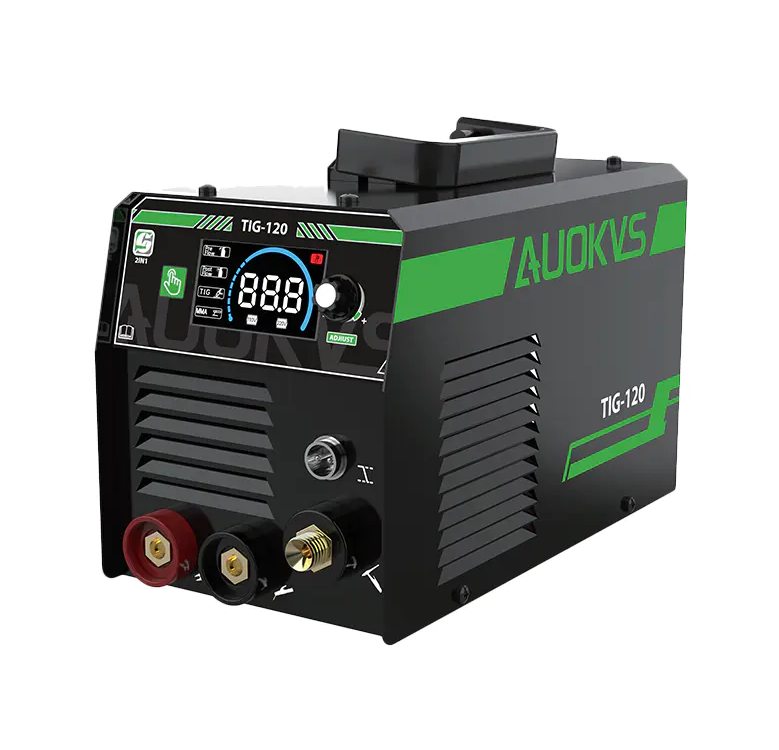Introduction to Welding Material Thickness
Custom Logo Welder Supplier machines are designed to provide precise welding and marking for a variety of materials and applications. One critical factor that affects performance is the thickness of the material being processed. Different thicknesses require adjustments in power, speed, and technique to ensure clean, durable welds or high-quality markings. Understanding how Custom Logo Welder Supplier units handle thin and thick materials helps manufacturers achieve consistent results while avoiding defects such as burn-through, incomplete fusion, or poor penetration.
Thin Material Considerations
Thin materials, such as sheet metal or foils, require careful heat control to prevent burn-through or warping. Custom Logo Welder Supplier machines often offer pulse welding or adjustable power settings to regulate heat input. By applying lower energy and faster travel speeds, operators can maintain a stable weld pool without damaging the material. Proper shielding gas coverage is also essential for protecting the weld area from oxidation, especially in metals prone to contamination or discoloration. These adjustments ensure that thin materials receive sufficient energy for fusion without compromising surface integrity.
Thick Material Considerations
Thicker materials demand higher heat input and slower welding speeds to achieve full penetration. Custom Logo Welder Supplier units typically provide adjustable amperage, multiple passes, and enhanced arc stability for processing heavy sections. Preheating may be required for very thick metals to reduce thermal stress and prevent cracking. Proper electrode selection, torch angle, and travel technique are critical to ensure uniform welds. Thick material applications benefit from the precision and repeatability offered by modern Custom Logo Welder Supplier machines, which allow operators to produce strong, high-quality joints consistently.
Parameter Adjustment and Machine Features
Custom Logo Welder Supplier machines are equipped with features to accommodate a wide range of material thicknesses. Digital displays, programmable pulse settings, and automated speed controls enable operators to fine-tune welding parameters. This flexibility ensures consistent performance across multiple projects, reducing scrap and improving productivity. Additionally, built-in monitoring systems allow real-time feedback, helping users detect insufficient fusion, overheating, or other issues that may arise when working with varying material thicknesses.
Operator Skill and Technique
While the machine’s capabilities are essential, operator skill significantly impacts outcomes. Proper training in adjusting amperage, travel speed, and pulse parameters ensures optimal performance across different thicknesses. Pre-weld testing on scrap material helps determine ideal settings and prevents costly mistakes. Custom Logo Welder Supplier machines are designed with user-friendly interfaces, making it easier for operators to implement precise adjustments tailored to each specific material thickness.
Conclusion
Welding and marking materials of varying thicknesses require careful control of heat, speed, and technique. Custom Logo Welder Supplier machines provide the tools and flexibility necessary to accommodate both thin and thick materials, ensuring strong, consistent, and visually appealing results. By adjusting parameters such as power, pulse, travel speed, and shielding gas, operators can achieve precise welds or markings without damaging the material. The combination of advanced machine features and skilled operation ensures that Custom Logo Welder Supplier units deliver reliable performance across a wide range of material thicknesses.
Input Voltage: AC 220V
Input Power: 4700W
Welding Functions: Manual Arc Welding (MMA)
Suitable Materials: Iron, galvanized pipes, carbon steel, stainless steel, low-alloy steel, etc.
Output Current Range:TIG: 10–120A
MMA: 40–120A
Compatible Electrode Diameter: 2.0mm / 2.5mm
Weldable Plate Thickness: 0.8mm – 4mm
Shielding Gas: Argon
Duty Cycle: 30%
